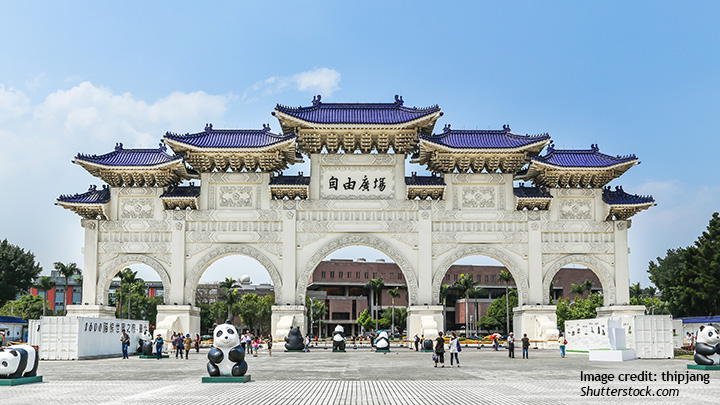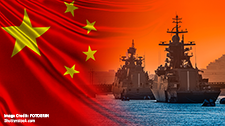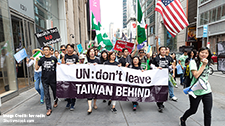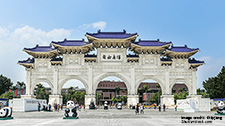Taiwan’s National Security Strategy under Trump 2.0

William C. Chung
Compared to the cautious restraint of his first term, Trump 2.0 exudes confidence and the demeanor of a domineering CEO in a context of international politics. By fully leveraging America’s unparalleled economic and military influence, within less than a year after returning to office, Trump has already stirred global unrest. Trump 2.0 has shifted U.S. global strategic focus to the Indo-Pacific to counter China’s rise, especially prioritizing military deterrence against Chinese aggression toward Taiwan. His framing of China as America’s primary strategic adversary offers an opportunity for strategic alignment with Taiwan. In response, President Lai Ching-te introduced the “Four Pillars of Peace action plan”—strengthening defense, economic security, alliances with democracies, and dignified cross-Strait engagement—to safeguard peace in the Taiwan Strait and Indo-Pacific stability. Thus, Lai has prioritized self-defense, built strategic interdependence with the U.S., and implemented a “regional joint defense” military strategy to align with Trump’s global strategic outlook.




